-
Albert Is Just Fine, Mrs. Einstein
Michael Dahl, Fabio Leone
Library Binding (Cantata Learning, Jan. 1, 2015)A song about Albert Einstein's journey on a train and how it impacted his understanding of relativity. Includes online music access. O
O
-
Alfred Wegener: Pioneer of Plate Tectonics
Greg Young
Library Binding (Compass Point Books, July 1, 2009)German scientist Alfred Wegener was a balloonist, Arctic explorer, and meteorologist, but he is best known for pioneering the study of plate tectonics with his theory of continental drift. In looking at a map, Wegener recognized that the coastlines of several continents fit together like a jigsaw puzzle, leading him to believe that all the continents had once formed a single landmass. He proposed that the landmass split apart because of a force he called continental drift. His theory formed the basis for the modern study of plate tectonics. For more information, read Plate Tectonics, another book in the Mission: Science series.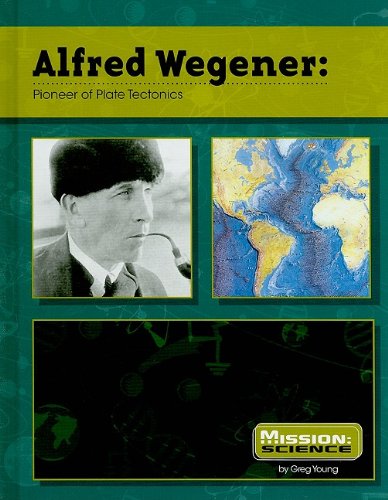 V
V
-
Gregor Mendel: Genetics Pioneer
Lynn Van Gorp
Library Binding (Compass Point Books, Sept. 1, 2008)Born in 1822, Gregor Mendel grew up enjoying gardening and biology. His experiments with garden peas helped him explain how genetic traits in living thingssuch as hair color and eye color in humansare passed from generation to generation. For more information on genetics, read The World of Genetics, another book in the Mission: Science series.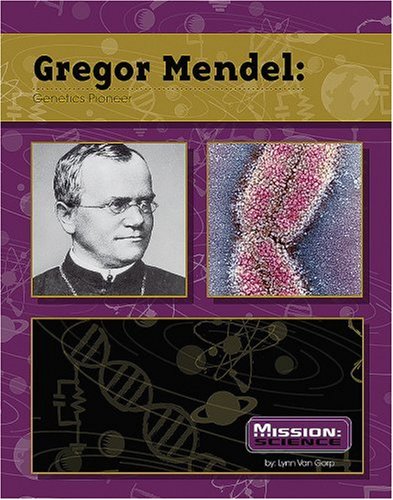 U
U
-
Max Planck: Revolutionary Physicist
Jane Weir
Library Binding (Compass Point Books, Jan. 1, 2009)Max Planck is a Capstone Press publication.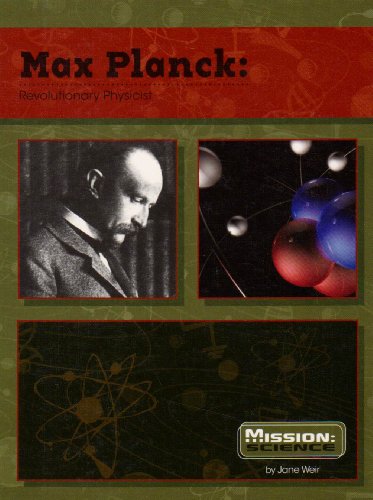 Y
Y
-
Astronomers: From Copernicus to Crisp
Connie Jankowski
Library Binding (Compass Point Books, Sept. 1, 2008)In the past, some people believed Earth was the center of the universe. Others believed that the planets had magical powers. Most believed Earth was flat. Scientists called astronomers built telescopes and observatories to study outer space. Because of these early astronomers and their work, we now know more about the sun, the stars, the planets, and the galaxies. For more information, read Outer Space, another book in the Mission: Science series.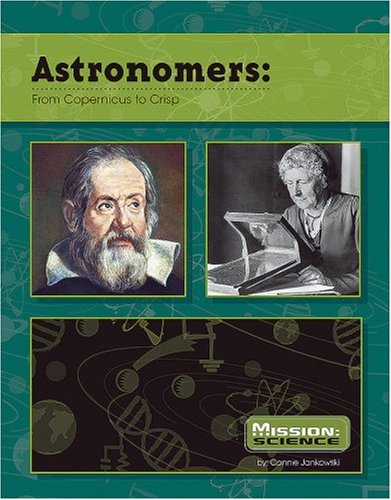 V
V
-
Marie Curie: Pioneering Physicist
Elizabeth R Cregan
Library Binding (Compass Point Books, Sept. 1, 2008)Cregan, Elizabeth R P
P
-
Albert Einstein: and His Theory of Relativity
Don Herweck
Library Binding (Compass Point Books, Jan. 1, 2009)To many, the name Einstein is interchangeable with genius. Albert Einstein was known for both his brilliant mind and his modest nature. He is most famous for his theory of relativity and his formula E=mc2. For more information, read Energy, another book in the Mission: Science series. X
X
-
Antoine Lavoisier: And His Impact on Modern Chemistry
Lynn Van Gorp
Library Binding (Compass Point Books, Sept. 1, 2008)What was called science in the 1700s was often not scientific. But a Frenchman, Antoine Lavoisier, was a real scientist. He experimented carefully, learned from other scientists, and shared his findings. He discovered important things about chemicals and identified many basic substances, called elements. Lavoisier, known as the founder of modern chemistry, also created the system for naming combinations of elements that scientists still use today. For more information, read Elements, another book in the Mission: Science series.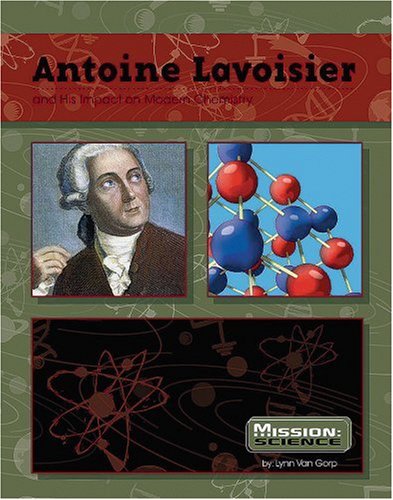 Y
Y
-
Hippocrates: Father of Medicine
Connie Jankowski
Library Binding (Compass Point Books, July 1, 2009)Hippocrates is known as the father of medicine. He separated religion from medicine and tried to find scientific reasons for why people became ill. By observing a patient’s symptoms he was often able to diagnose illnesses and find cures. He encouraged his patients to take care of their bodies and urged fellow doctors to practice good hygiene and have a positive bedside manner. He founded a medical school in Greece to share his knowledge of medicine and philosophy. His code of ethics became known as the Hippocratic Oath. For more information, read The Human Body, another book in the Mission: Science series.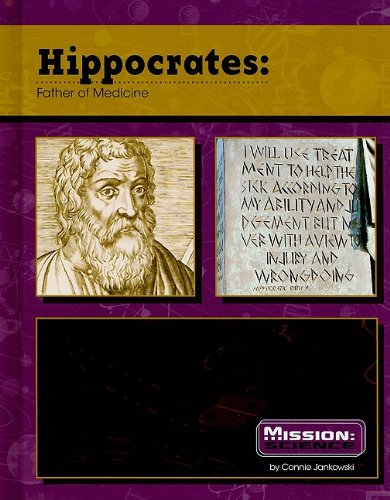 W
W
-
Albert Is Just Fine, Mrs. Einstein
Michael Dahl, Fabio Leone
Paperback (Cantata Learning, March 1, 2015)A song about Albert Einstein's journey on a train and how it impacted his understanding of relativity. Includes online music access.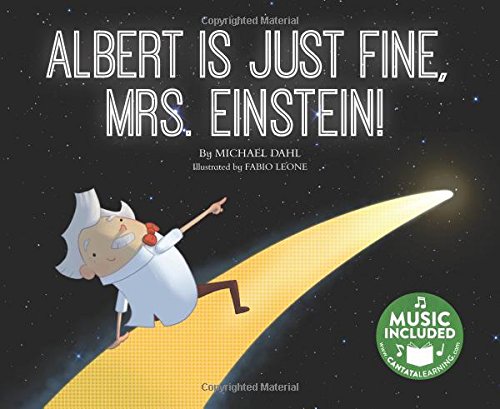 J
J
-
Louis Pasteur: Founder of Microbiology
Lisa Zamosky
Library Binding (Compass Point Books, Sept. 1, 2008)French scientist Louis Pasteur, often called the founder of modern medicine, has been credited with many discoveries. One of the most important was the discovery in the 1800s that tiny organisms called germs spread disease. His scientific work helped save millions of lives. For more information on germs and other simple organisms, read Investigating Simple Organisms, another book in the Mission: Science series. V
V
-
Robert Fulton: Engineer of the Steamboat
Don Herweck
Library Binding (Compass Point Books, Sept. 1, 2008)Herweck, Don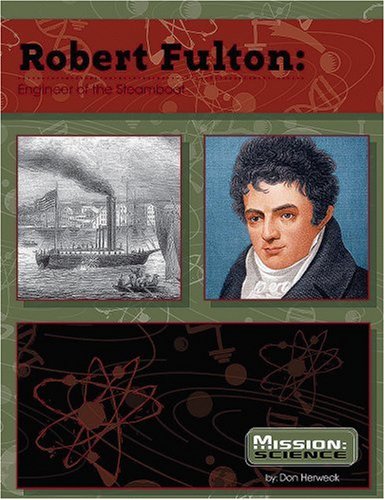 W
W